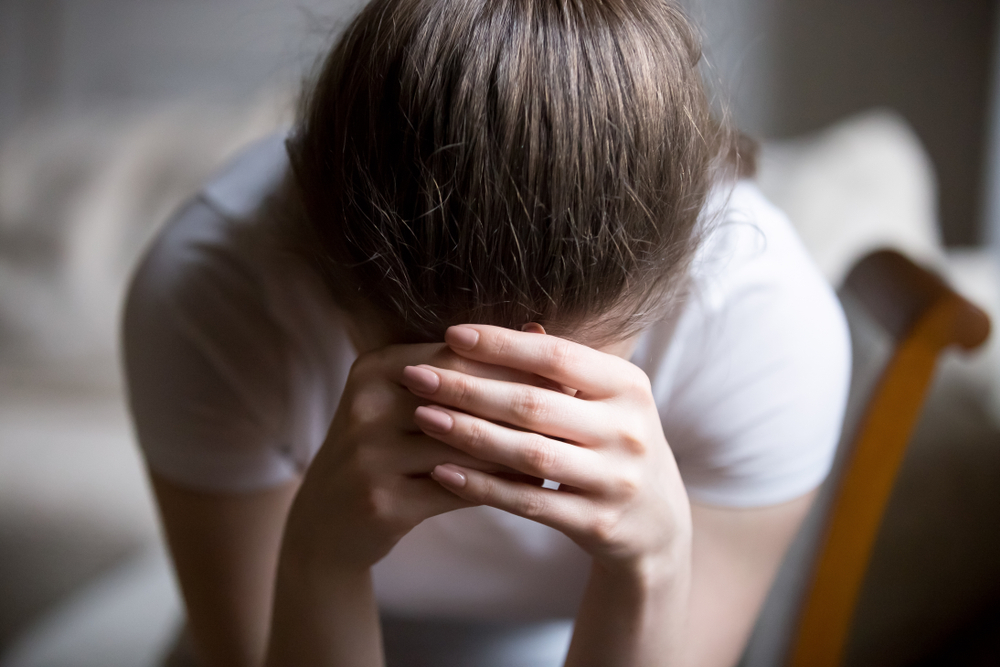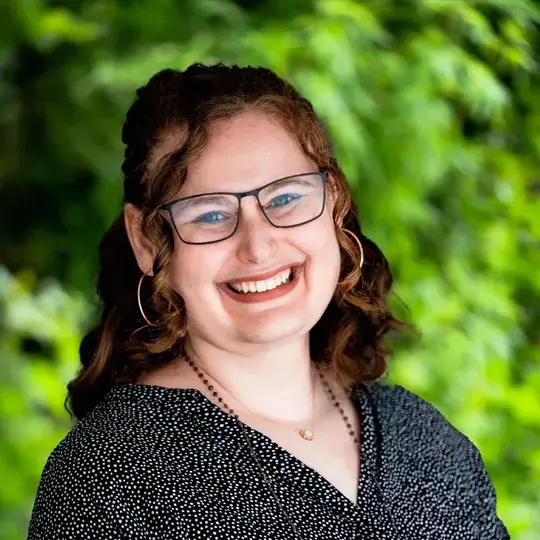Many residential mental health facilities provide treatment for bipolar disorder. When a person is diagnosed with bipolar disorder, it is important for them to receive treatment. Treatment for this disorder typically involves a combination of medication, therapy, and alternative health techniques. A residential treatment program for bipolar disorder can provide individuals with a comprehensive, evidence-based approach to managing the symptoms of the disorder.
Continue reading to learn more about residential mental health programs including how they can effectively treat bipolar disorder, how long they last, and where you can find a treatment program that is right for you.
Residential mental health facilities offer 24-hour care, medical and mental health professionals, and group and individual therapies that are effective in managing bipolar disorder.
Bipolar Disorder Explained
Bipolar disorder is a mental illness that can cause a person to experience changes in their emotional state, vitality, and ability to perform. People with this condition will have extreme emotional episodes that last a couple of days to weeks, referred to as mood episodes. These episodes are categorized as manic/hypomanic (abnormally elated and/or aggressive) or depressive (sadness). Generally, there are also periods of neutral moods.
With proper treatment, individuals with this disorder can lead productive and satisfying lives. People without bipolar disorder also fluctuate in moods, however, these changes usually just occur for a few hours, and generally do not lead to large changes in behavior or any difficulties with everyday tasks or social interactions. The disorder can cause disruption in close relationships and can make it challenging to maintain a job or attend school.

Symptoms of Bipolar Disorder
Manic
A manic episode is defined as a time period spanning at least seven days in which a person exhibits an elevated, often irritable mood and has more energy than normal. Additionally, three or more of the following behavior changes must be present:
- Insomnia
- Increased rate of speech
- Easily distracted
- Racing thoughts
- Feelings of invincibility
- Engaging in risky behaviors
Depressive
A major depressive episode is an experience that lasts for a minimum of two weeks and features a minimum of five of the following symptoms:
- Feelings of worthlessness
- Fatigue
- Intense sadness
- Loss of interest
- Change in sleeping and eating patterns
- Restlessness
- Inability to concentrate
- Suicidal ideation
Download Our FREE eBook
We encourage you to download our informational eBook to learn more about our life skills & career development program track offered at Launch Centers

What Are Residential Mental Health Facilities?
Residential mental health treatment is a type of care in which clients stay at a mental health treatment facility. Clients get to live with peers in a safe environment and are given constant support from professionals like doctors, therapists, and other mental health professionals. It is the most intense kind of care as a staff member is with them 24 hours a day. Unlike inpatient treatment in a hospital, the residential treatment’s environment is relaxed and comfortable. Residential treatment emphasizes the holistic healing process and the time needed for it. It differs from inpatient treatment which is more focused on physical stabilization, and talk therapy which concentrates more on improving mental health progressively.
Why Are Residential Facilities Beneficial in Treating Bipolar Disorder?
Deciding to obtain professional care for a mental health issue is typically the most advantageous decision an individual can make. The following explains why the residential treatment process is so effective and how it can assist with optimizing mental well-being:
They Treat a Wide Array of Mental Disorders
The psychiatric professionals who work in residential treatment programs are well-educated in the treatment of various psychological issues and are aware that people may be suffering from more than one mental health issue at a time.
Treatment is Customizable
Residential treatment facilities are able to customize inpatient services based on the patient’s diagnosis and individual needs. This allows for a more tailored approach to treatment, ensuring that each patient gets the care they need. The residential programs available provide a variety of services that are designed to help clients accomplish their treatment goals
Provides Structure
Consistency and stability are important elements for treating mental health issues. Residential treatment centers create plans that provide structure during the initial phases of treatment. Some of these practices can be continued after a patient leaves the program, allowing them to keep a feeling of security, manage their symptoms, and decrease the chances of a relapse. For those with a mental health diagnosis, habilitation services are necessary to construct and implement beneficial habits for everyday life.

Fosters a Sense of Community
Individuals who are battling mental health issues can feel estranged from their peers, family, and even society in general. The goal of a residential program is to show those individuals how to cultivate strong relationships and improve their bond with family and friends. Residential treatment provides the opportunity to work with mental health professionals who provide compassionate support. Furthermore, it allows people with similar challenges to share their stories in an environment where they will not be judged, which is a great advantage of this type of program. Moreover, the sense of camaraderie that is created during treatment often continues after the program is completed.
Therapies Used During Bipolar Treatment
Mental health treatment centers offer a variety of therapies that have been proven to help control the symptoms of bipolar disorder. These therapies may even reduce the requirement for medication or enhance the effects of prescribed drugs. These therapies include:
Cognitive-Behavioral Therapy (CBT)
Cognitive Behavioral Therapy (CBT) is a frequently utilized form of treatment for bipolar disorder. It employs a process of restructuring thought patterns and conduct to achieve positive effects in life. With the help of CBT, one can learn how to be aware of feelings, thoughts, and behaviors that may be causing undesired or harmful reactions. An effective technique employed in this type of bipolar disorder therapy involves role-playing, which helps the individual prepare for potential troublesome or difficult exchanges.
Dialectical Behavior Therapy (DBT)
Cognitive Behavioral Therapy (CBT) has a subtype known as Dialectical Behavior Therapy (DBT). This method was initially created to assist individuals with Borderline Personality Disorder (BPD) and those having chronic suicidal tendencies. Currently, this transdiagnostic modulated treatment is the go-to protocol for treating a diverse range of ailments, such as eating disorders, Post-Traumatic Stress Disorder (PTSD), persistent depression, drug addiction, and Bipolar Disorder. Studies illustrate a mounting number of proofs that Bipolar Disorder can cause challenges with emotion control. DBT can target this symptom straight on, making it a probable beneficial adjunct cognitive therapy method for improving emotion regulation.
Interpersonal and Social Rhythm Therapy
Interpersonal and Social Rhythm Therapy (IPSRT) for bipolar disorder is usually employed as a supplemental treatment, using precise techniques to enhance stress management capabilities, reduce social rhythm disruption, and secure medication adherence. Patients gain new techniques to protect against future episodes of mania or depression, or at least reduce the frequency and intensity when a mood episode does occur. Using IPSRT can also aid in recognizing triggers. These triggers can be related to regular practices such as the food consumed, activity level, and sleep quality. As documented by research, the objective of IPSRT is to enhance regularity of daily activities, including tackling inconsistent sleep/wake patterns, guaranteeing consistency of mealtimes, and setting up positive rest/activity patterns.
Group Psychoeducation
People with bipolar disorder may find it helpful to spend time with other people who also have the condition. Therapists typically use a method called psychoeducation to encourage these groups. It helps individuals to become more aware of their feelings and thoughts, and to respond to situations in an appropriate manner. Researchers have seen that group therapy can be very effective in avoiding relapse, and further studies are being carried out to further understand its value as part of a bipolar disorder treatment plan.
How Long Does Residential Mental Health Treatment Last?
The length of a mental health treatment program is not the same for everyone; it depends on the particular needs of each individual and the severity of their disorder. For example, some may require a 30-day treatment while others may require a 60 or 90-day program. The length of the program should be decided after careful consideration between the patient, their doctor, and any other relevant healthcare professionals. Moreover, it should also be customizable in order to provide personalized care for the patient. This way, the patient can receive treatment for as long as necessary to ensure successful recovery from bipolar disorder.
How to Find the Right Mental Health Treatment Facility For You
When choosing an inpatient or residential treatment facility, it is important to gather information from multiple sources. Consider talking with your psychiatrist or therapist, since they can provide expert advice and guidance. You can also contact your local NAMI Affiliate for recommendations, as they are a great source of information about mental health and treatment facilities in the area. Additionally, speaking to members of support groups you may be attending can also be beneficial, as they may have personal experiences that can help inform your decision. Ultimately, the choice is yours, and doing your research can help you make an informed and confident decision.

Residential Mental Health Treatment in Los Angeles, CA
Seeking residential mental health treatment facilities for bipolar disorder treatment is a great first step in improving your mental health and overall well-being. At Launch Centers, we strive to provide the highest quality mental health treatment available in Los Angeles. Our team of experts are passionate about helping individuals struggling with bipolar disorder, and our residential mental health services are tailored to each individual’s needs.
With our diverse treatment options, specialized therapies, and dedicated specialists, you can rest assured that you’re in the best hands with Launch Centers. We want to guide you on your journey to healing and help you reach your full potential – don’t hesitate to reach out to us if you need help. Call us today.






